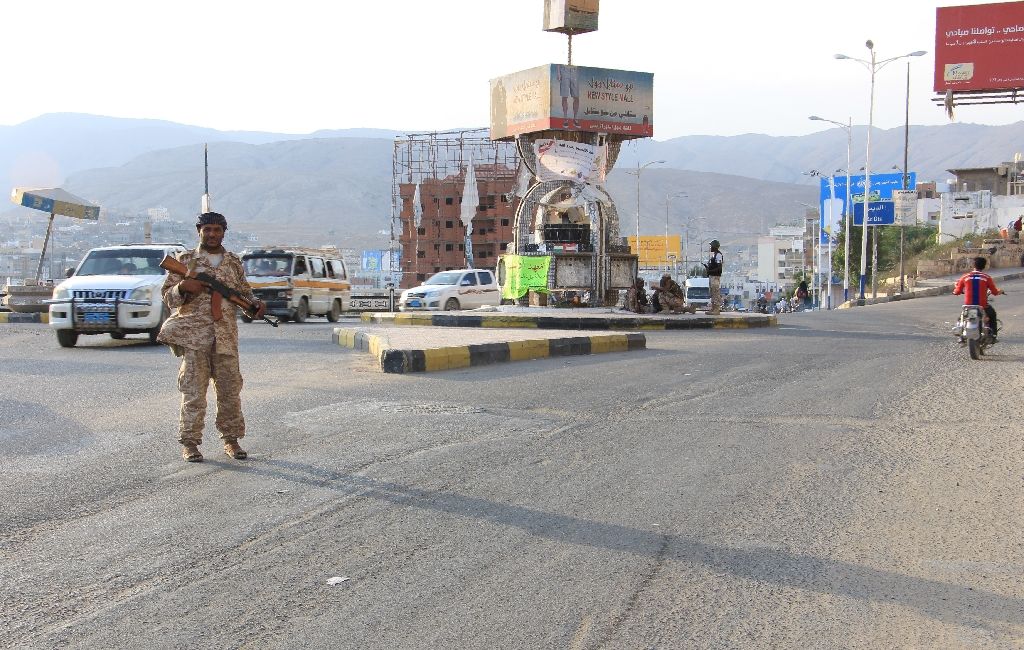London – The 72-hours ceasefire ended in Yemen at exactly 11:59 PM Saturday, amid U.N. attempts to extend the ceasefire.
International news agencies reported Houthi-run channel al-Masira admitting to Houthis violation of the ceasefire. The channel said that Houthis attacked Saudi sites in Najran and launched missiles on Jizan.
Saudi-led coalition accused the Houthis of violating the ceasefire almost 1,000 times in the last 24 hours by launching mortar and armed attacks along Yemen’s border with the kingdom and in several Yemeni provinces.
Commander of the Saudi 4th Brigade on the border in Najran, General Ahmed al-Assiri, told Reuters his forces were repelling a sustained Houthi ground attack.
“The violation of the truce was not from our side. It was from the other side. We are continuing to thwart them,” Assiri said.
“In the last 48 hours there was an enormous push by the enemy against our territory,” he added.
About 12 Houthis were killed at the Saudi borders trying to infiltrate into Saudi Arabia.
Ali Mohsen al-Ahmar said, after his meeting with the U.N. special envoy to Yemen in Riyadh late on Friday, that his government sought peace but would respond to Houthi attacks.
Ahmar issued a statement which he posted on his official Facebook page during which he said: “The legitimate government remains committed to restraint in recognition of the efforts of U.N. and for the sake of achieving the peace which has been rejected by the coup militias.”
Ahmar said U.N. envoy Ismail Ould Cheikh Ahmed had asked for the truce to be extended for another 72 hours, and government sources told Reuters foreign diplomats were lobbying both sides to prolong the ceasefire.
Yemeni political analyst and author Najib Ghallab told Asharq Al-Awsat newspaper that Houthis didn’t practically agree to the ceasefire since the promises given to the envoy came from political activists.
As for the statement issued by the Higher Political Council, Ghallab said it welcomed the ceasefire and set conditions that technically violate the ceasefire. He added the council can’t control and its sole job is to pass Houthis’ policies.
The analyst added that after their total failure in governing and managing economic issues, insurgents are handling the war as a necessity. He explained that insurgents are unable to provide services and paying salaries and are now afraid of a public riot against them.
What is more dangerous, according to Ghallab, is that insurgents consider the war a means to pressure the Arab coalition.
